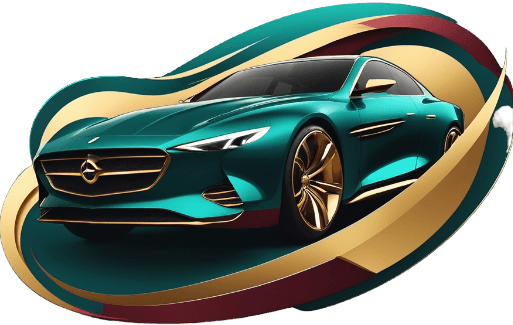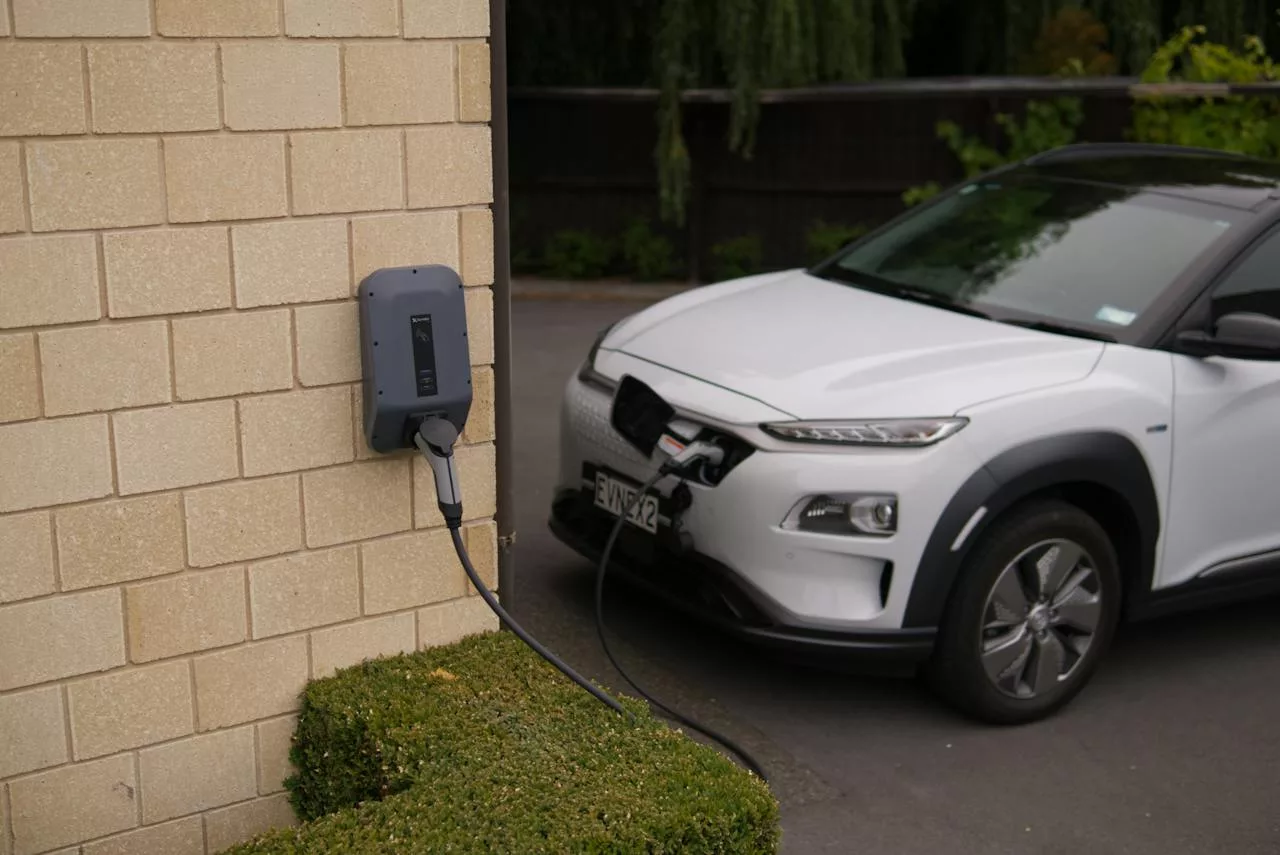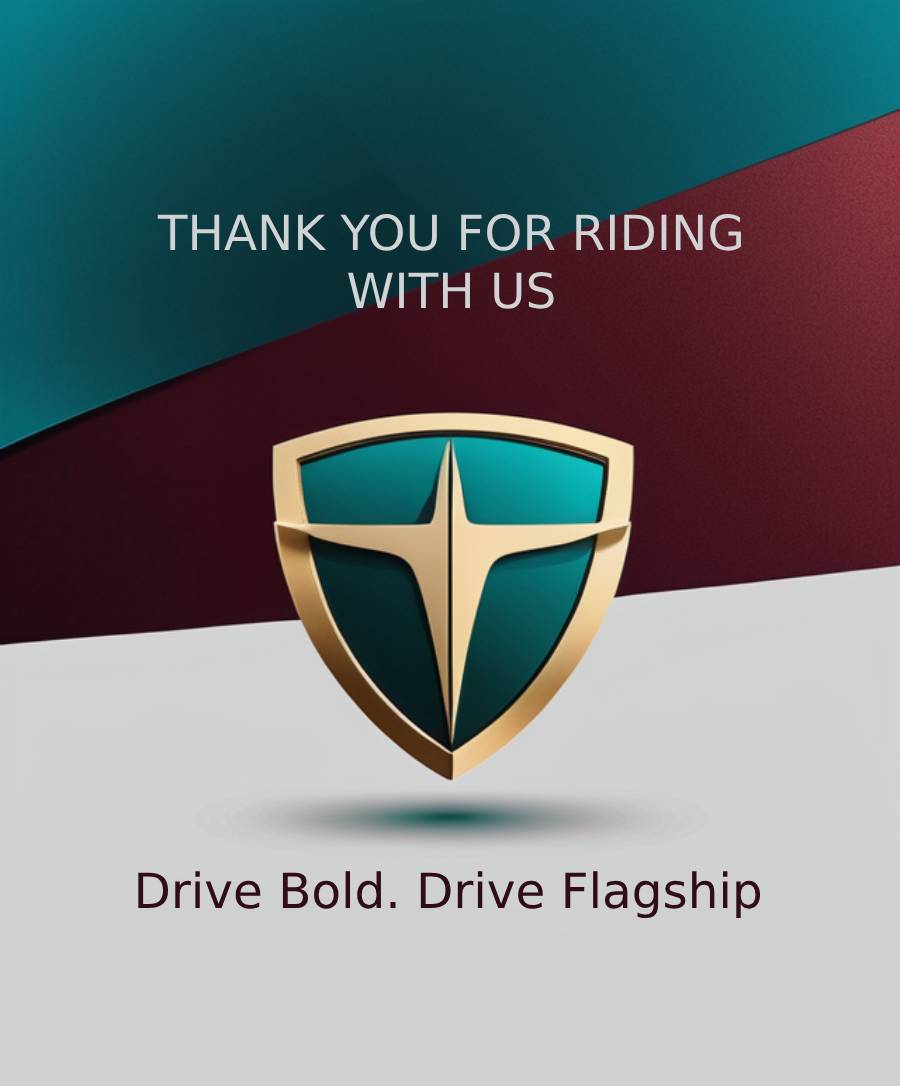Once popularized as the darlings of the automotive industry, electric vehicles are now facing a new reality. There are many challenges facing EV adoption, and we looked into it.
Amidst mounting concerns over electric vehicle viability and a shifting market landscape, top-level executives have started to acknowledge the challenges threatening their ambitious electric vehicle plans. The electric car market, regarded as the future of the automotive sector, is now facing uncertainty. This raises many questions about the multi-billion-dollar electrification strategies of leading car manufacturers.
In this article, we will take a closer look at the challenges of EV adoption. Also, we will discuss what it means for the future of electrification.
Rising Concerns About The EV Industry. “it’s a bit bumpy”
Even GM’s Mary Barra also expressed her doubts. Initially, she’s always had an unwavering faith in electric vehicles.
Also, if you recall, General Motors was an early adopter in the electric car market. The brand’s first entry was the Chevrolet Bolt. The brand once confidently championed a fully electric future. However, during GM’s recent third-quarter earnings call, a sense of truth overshadowed the optimism.
The company announced a departure from its ambitious goals of producing 100,000 EVs in the second half of this year. It also announced that it will depart from manufacturing another 400,000 by the first six months of 2024. Now, General Motors doesn’t know when it will hit the targets. Uncertainty now surrounds GM’s ability to achieve these targets.
“As we get further into the transformation to EV, it’s a bit bumpy,” Barra said.
While GM’s shift in perspective caught investors off guard, it’s not the only automotive giant reevaluating the electric vehicle landscape. Surprisingly, even Tesla’s Elon Musk expressed concerns on a recent earnings call. The CEO cautioned that economic uncertainties could lead to decreased vehicle demand, even for Tesla.
Mercedes-Benz was also upfront about the current condition of the EV market. If you remember, Mercedes-Benz has been offering significant discounts on its electric vehicles to boost sales.
“This is a pretty brutal space,” CFO Harald Wilhelm said on an analyst call. “I can hardly imagine the current status quo is fully sustainable for everybody.”
EVs Are Becoming Harder To Sell
However, it’s not just Mercedes; most electric vehicles are currently selling below their list prices.
Additionally, some EVs are eligible for manufacturer incentives of up to nearly 10%. This turn of events is happening as dealerships grapple with mounting inventory. Although the incentives benefit car buyers seeking bargains on electric vehicles, it’s still causing headaches for executives. The discounts and markdowns simply don’t seem enough.
Electric cars are staying on dealers’ lots for longer periods compared to their gasoline-powered counterparts. The next wave of buyers is more concerned with cost, infrastructure limitations, and lifestyle factors that affect their decision to switch to electric.
EV Manufacturers Are Catching Up To The Reality
Just a few months after dealers expressed concerns about slowing EV demand, manufacturers have acknowledged this situation.
Ford, for instance, adjusted its production goals after dealers began refusing Mach-E allocations. In July, the company postponed its target to produce 600,000 electric vehicles annually by a year. Also, Ford abandoned a goal to build 2 million EVs by 2026.
In canceling the partnership with GM to co-develop sub-$30,000 EVs, Honda CEO Toshihiro Mibe expressed the challenges of the evolving EV landscape.
He stated, “After studying this for a year, we decided that this would be difficult as a business, so at the moment, we are ending development of an affordable EV,” in an interview with Bloomberg a few weeks ago.
With all these challenges facing EV adoption, this pullback isn’t a surprise to some.
“People are finally seeing reality,” noted Toyota Motor Chairman Akio Toyoda at the Japan Mobility Show, as reported by the Wall Street Journal.
Toyoda, who has been skeptical of his peers’ pure-electric plans for some time, weighed in on the situation.




